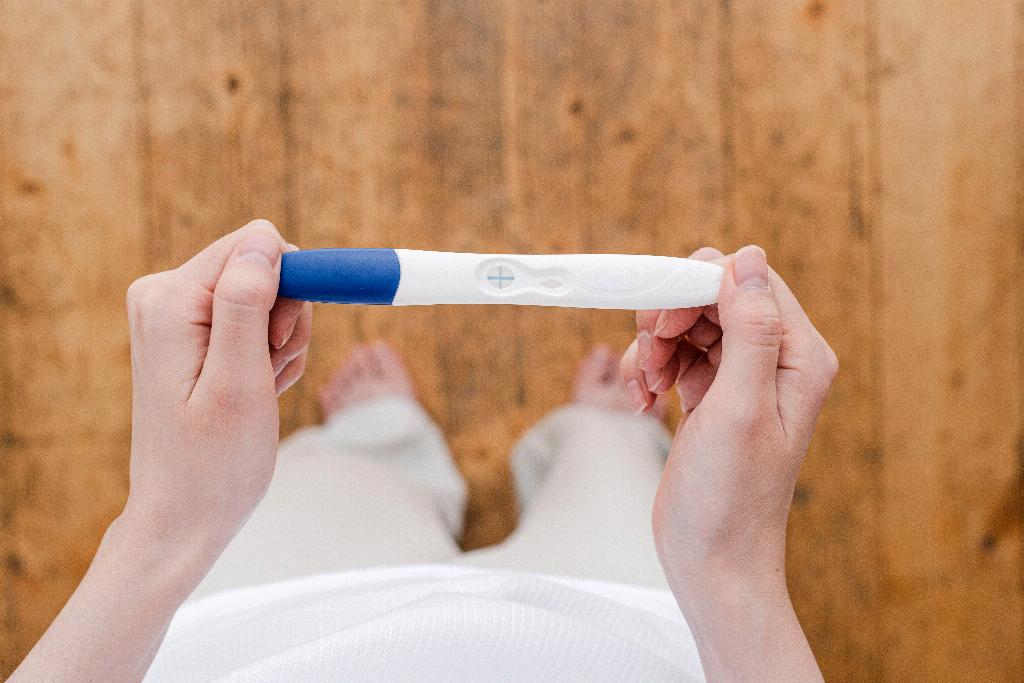When it comes to having a healthy pregnancy with hypothyroidism, the key lies in effectively managing this condition to ensure both your health and the health of your growing baby. Hypothyroidism, a condition in which the thyroid gland does not produce enough thyroid hormones, can have significant implications during pregnancy, especially if left untreated.
One of the crucial aspects of a healthy pregnancy with hypothyroidism is proper medication management. It is essential for pregnant women with hypothyroidism to work closely with their healthcare providers to ensure that their thyroid hormone levels are within the target range. This may involve adjusting medication dosages throughout pregnancy to meet the increased demands on the thyroid gland.
Untreated hypothyroidism, particularly in the first trimester, can pose risks to the developing baby’s brain and nervous system. Low levels of thyroid hormones during this critical period can lead to issues with brain development, potentially resulting in lower IQ and other developmental delays.
Regular monitoring of thyroid function is paramount during pregnancy for women with hypothyroidism. This typically involves frequent blood tests to assess thyroid hormone levels and ensure that any necessary adjustments to medication are made promptly. Close monitoring can help minimize potential risks to both mother and baby.
Diet also plays a crucial role in managing hypothyroidism during pregnancy. Consuming a balanced diet rich in nutrients, including iodine and selenium, can support thyroid function and overall health. Additionally, avoiding foods that may interfere with thyroid function, such as certain cruciferous vegetables, can be beneficial.
Stress management is another vital component of maintaining a healthy pregnancy with hypothyroidism. High levels of stress can impact thyroid function, potentially exacerbating symptoms of hypothyroidism. Engaging in stress-reducing activities, such as yoga, meditation, or mindfulness, can help support overall well-being during pregnancy.
It is essential for pregnant women with hypothyroidism to attend regular prenatal appointments and communicate openly with their healthcare providers about any concerns or symptoms they may be experiencing. Together, you can create a comprehensive plan for managing hypothyroidism throughout pregnancy to promote a healthy outcome for both mother and baby.
In conclusion, while having hypothyroidism during pregnancy may present some challenges, with proper management and close monitoring, it is possible to have a healthy pregnancy. By working closely with your healthcare team, focusing on medication adherence, maintaining a balanced diet, managing stress levels, and attending regular prenatal appointments, you can optimize your chances of a successful pregnancy and the birth of a healthy baby.

